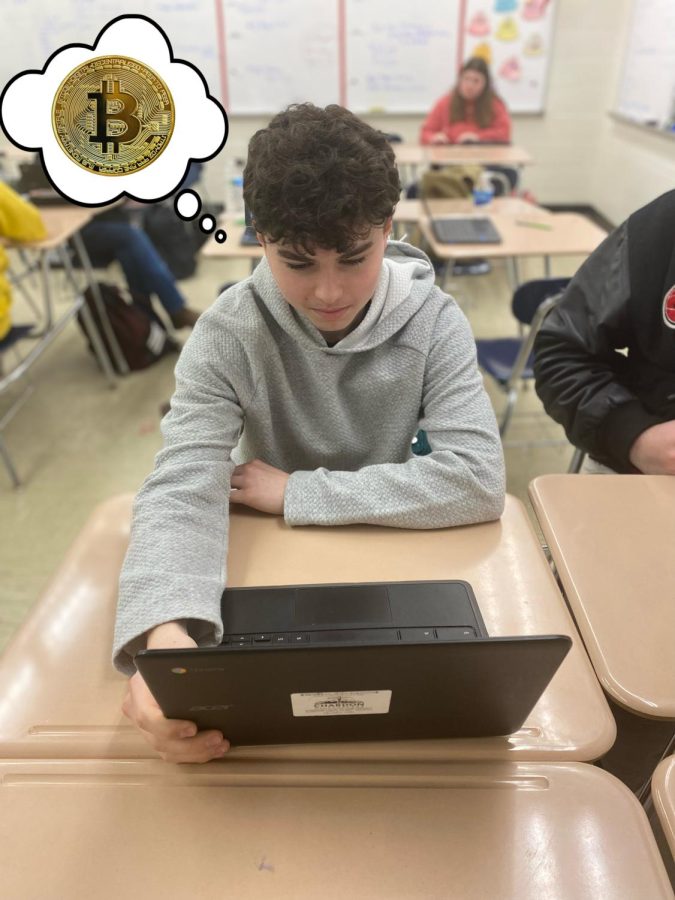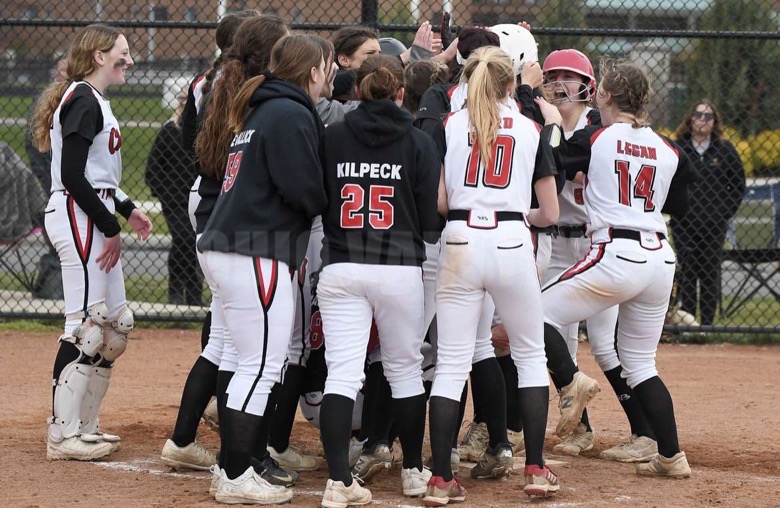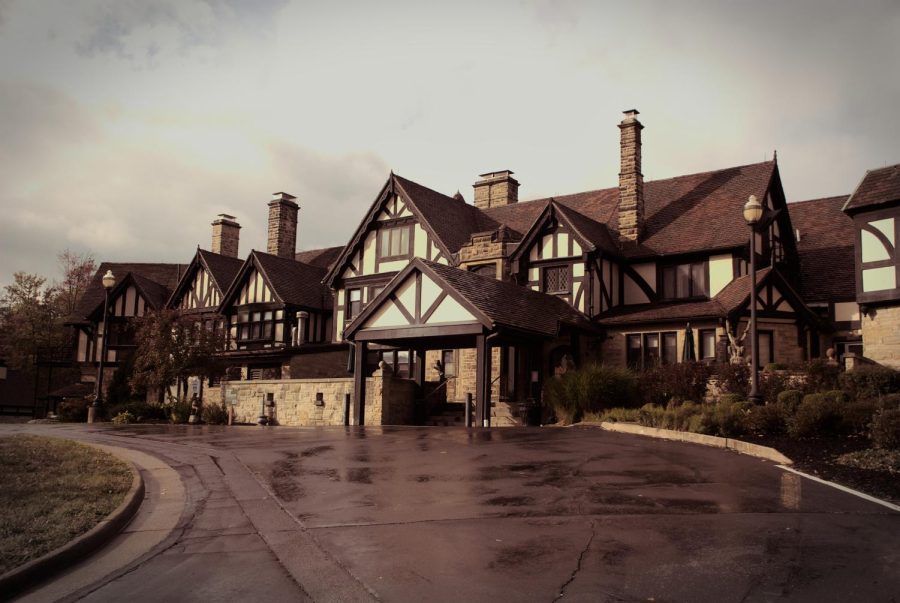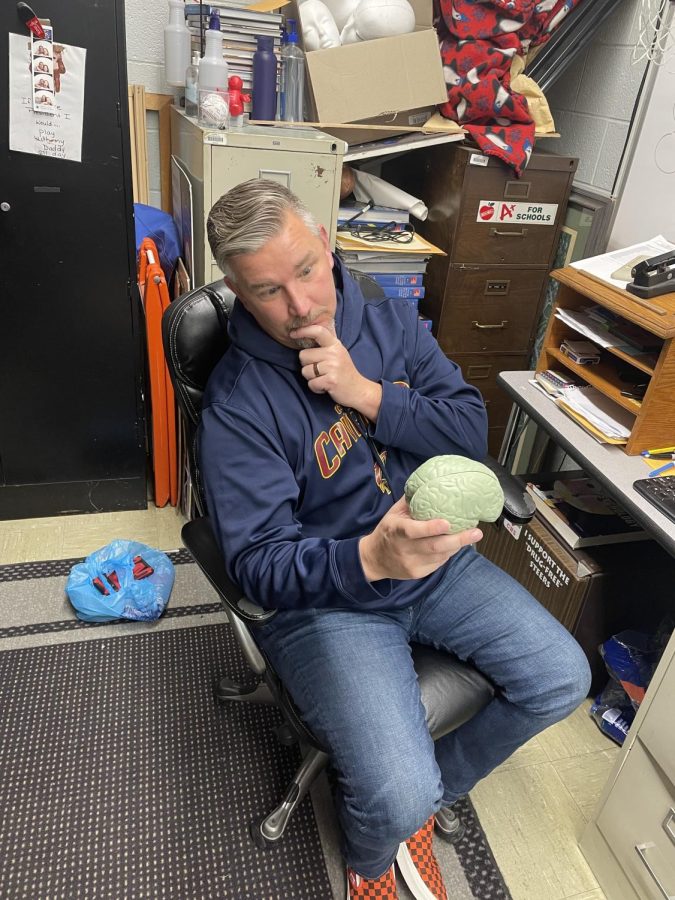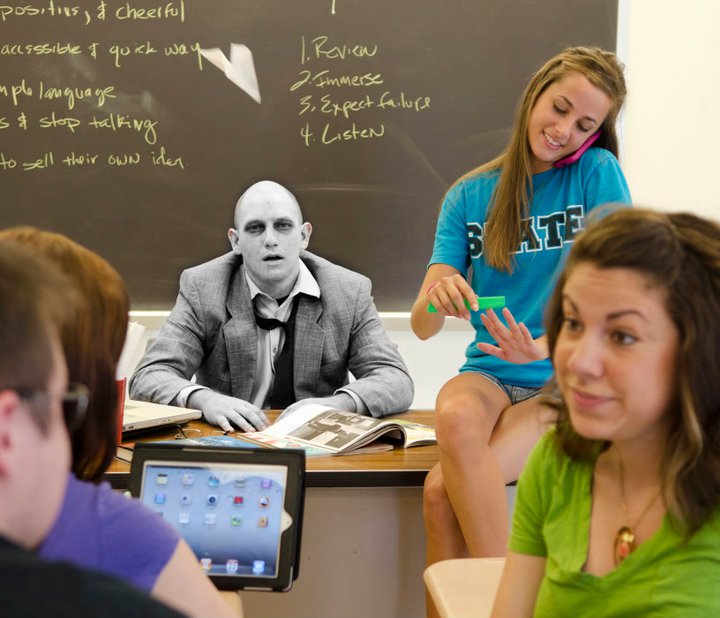You read right, zombies. You can spot one of these so called “zombies” by the dark circles under their eyes, and their tired and slouchy, nearly unconscious, appearance. However, these zombies did not come as a result of the dead coming back to life, they emerged from the very beds that all of our students sleep in.
If you look in a classroom, you might notice a familiar trend. These zombies are not paying attention to the lesson being taught, and instead are dozing off or sometimes completely asleep. “It can be really hard not to fall asleep during a boring lesson sometimes no matter how hard you try not to,” senior Katie Vadakin confessed.
More and more students are having a harder time getting the adequate amount of sleep needed to function properly in a school setting. Nine hours is the recommend amount of sleep time per night for the average teen according to the National Sleep Foundation. With school starting promptly at 7:30, this cuts the amount of sleep time drastically for most students. “I think it’s unfair that the elementary school kids get to sleep in later than me when they don’t have to be up at night working on homework and projects,” junior David Douglas argued. It is true that high school students require just as much, if not more, sleep than they got during their elementary school years, and they are not getting the much needed rest.
Students are often kept up into the late hours of the night working on hours worth of homework and projects since the homework load nowadays is not light. They spend most of their day listening to their teacher’s lecture, and then are off to a variety of sports and other after school activities or jobs, only to come home to more work with their bed calling their name in the background. “It’s really hard to be able to finish all my homework after football when I’m so tired.” senior Drew Gittins added.
All this adds up to students waking up tired and causing even more problems than you may realize. Lack of sleep limits the ability to solve problems, concentrate, learn, listen, and remember information. “Sleep is necessary for physical and mental health, particularly during the rapid growth phase of adolescence,” says Danice Eaton, Ph.D., lead study author and commander of the United States Public Health Service, Atlanta. Schools are therefore making it much harder for their students to learn, perform, and develop to the best of their ability in school by forcing them to wake up so early.
Although we can’t blame our lack of sleep completely on school, technology has definitely become a prominent factor in teens being up in the late hours of the night. Social media sites such as Twitter, Instagram, and Facebook can be very distracting on the smart phones almost all teenagers possess. “Overuse of the Internet has an addictive quality, feeding into some aspects of compulsive or impulsive disorders when teens or college students are involved,” said Alan Heifer chief psychologist in the department of psychiatry at Maimonides Medical Center in New York City. This results in students not being able to have the restraint to put their phones or computers away until late at night.
Since it does not look like the start time here at the high school will be changing anytime soon, students should remember the importance of sleep. Senior Seanna Izar stressed, “Sleep is an important ingredient to life.” Time management and staying focused on what needs to be done during the after school hours should be improved on so that students don’t need to be staying up so late. Put away your phone! Even with all of these efforts, it might just be too difficult for some to find the time in their busy schedules to catch up on their beauty sleep.








